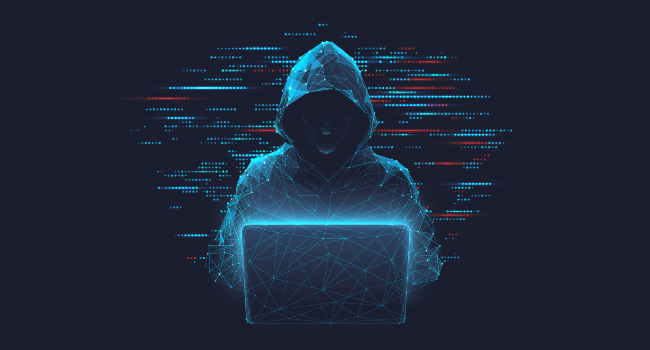
Survey: More Than Half of IT Security Professionals Are Concerned About AI-Powered Threats
Pluralsight recently released results from a survey that polled over 200 technologists about cybersecurity and AI. The findings show that 56% of security professionals are concerned about AI-powered threats. Additionally, the survey explores the top cybersecurity skills in today’s tech landscape and emerging cybersecurity roles.
Over half of surveyed technologists are either extremely concerned or moderately concerned about AI-powered threats, with only 6% saying they are not worried.
As artificial intelligence continues to dominate the technology landscape, these concerns about potential threats in cybersecurity have rapidly surfaced. According to Pluralsight’s AI Skills Report, only 40% of organizations have formal structured training and instruction for AI, and 74% of IT professionals worry that AI tools will replace their roles.
“Organizations are seeing advanced threat actors target critical infrastructure and OT technology more often,” said Bri Frost, Pluralsight’s Director of Security and IT Ops Curriculum. “These systems are typically outdated, with older operating systems and an easier target for vulnerabilities with a higher risk of devastating effects.”
In response to the increasing prevalence of AI-driven threats, there is a growing urgency for professionals to upskill and acquire specialized knowledge in order to effectively safeguard against these evolving challenges.
Over 75% of respondents indicated that threat intelligence and reverse engineering are the most valuable advanced cybersecurity skills of today, while 24% noted threat hunting among these skills.
“The top advanced cybersecurity skills today are those required to proactively test defenses against current and future tactics and quickly take that information and implement detections, protections, and ways of hunting for this activity across the organization,” said Aaron Rosenmund, Pluralsight’s Senior Director of Security and GenAI Skills. “This combined with a solid foundation in networking, endpoint, server, and cloud concepts will allow an individual to provide immediate results and risk reduction for an organization.”
As both cybersecurity and digitized threats progress, lesser-known cybersecurity roles are gaining prominence, contributing crucial expertise to protecting digital environments and valuable data.
Over a third (34%) of respondents suggested that Cybersecurity Data Scientists will become more mainstream in the near term and 22% indicated that Exploit Developers will also grow in popularity. Other rising cybersecurity roles include DevSecOps (16%), Red Team Operators (12%), Threat Hunters (10%), and ICS/SCADA Security Engineers (4%).
Frost also highlighted the need for Cybersecurity Data Scientists, noting that “sifting through huge datasets from a security analysis standpoint is getting increasingly difficult. Managing and monitoring logs from every kind of endpoint, network data, and user behavior is a big task - seeing a need for data analysts will help the process to quickly identify and mitigate malicious traffic more efficiently.”
It is clear that developing upskilling programs and understanding the threats of AI are imperative for the future of cybersecurity. As AI technology continues to advance, so do the complexities of the potential threats it poses.
The main takeaway; investing in continuous learning and development of advanced skills allows cybersecurity professionals to effectively anticipate, mitigate, and respond to evolving challenges. Taking a proactive approach both enhances organizational resilience and further secures digital infrastructures.